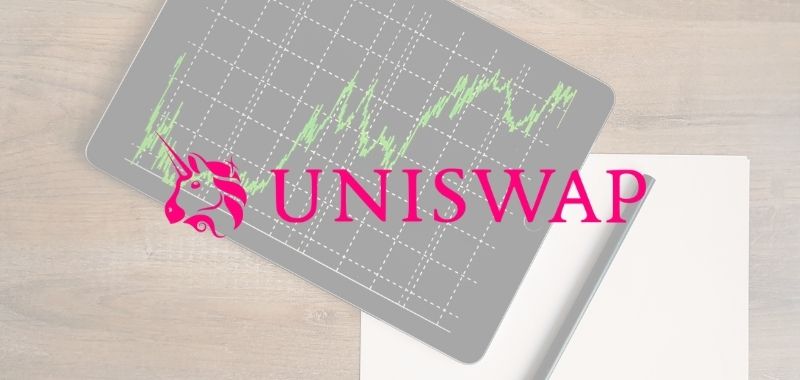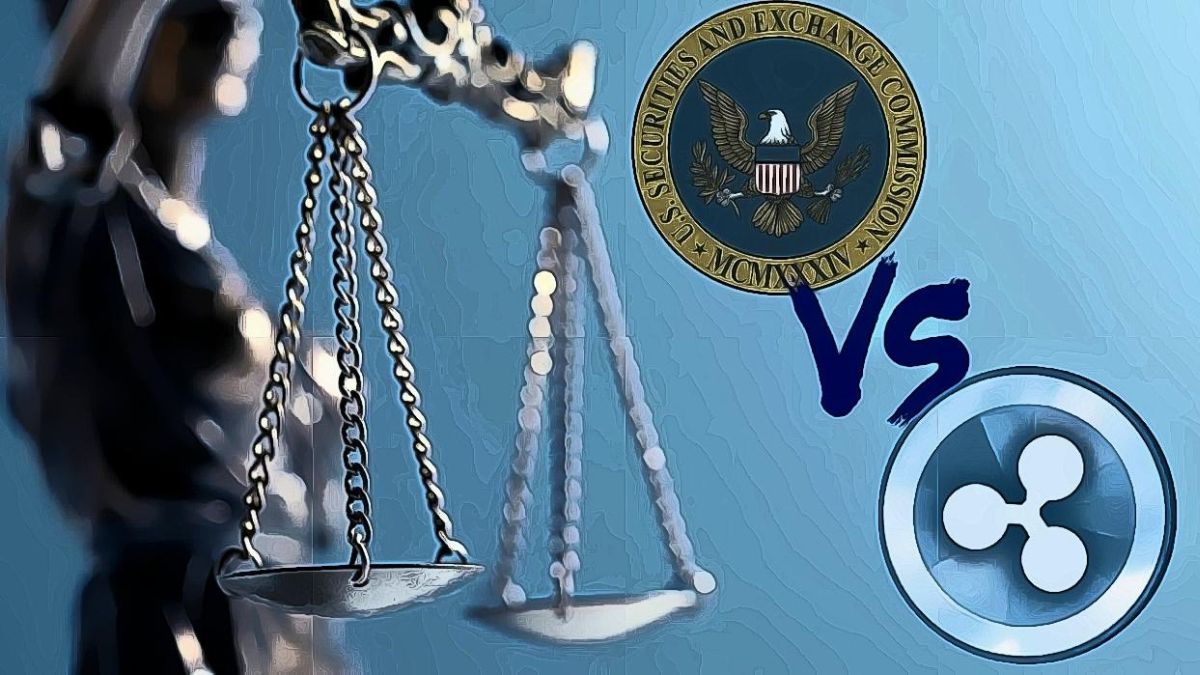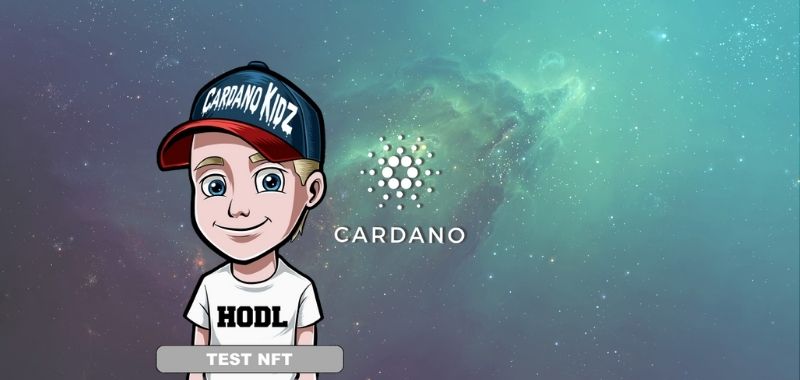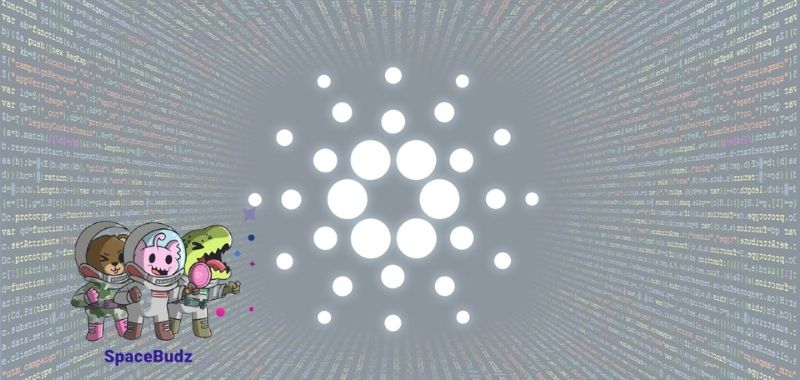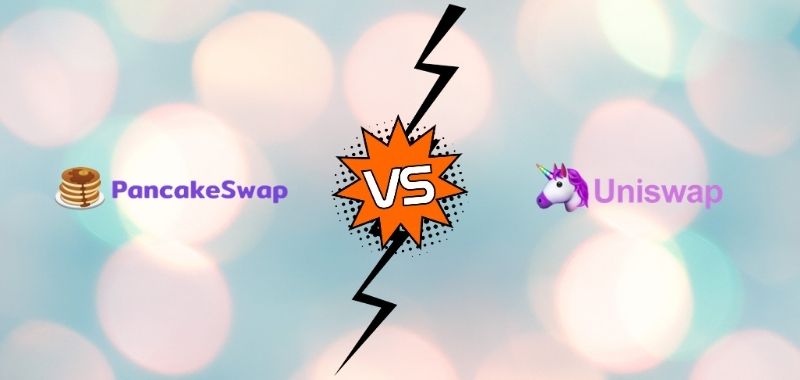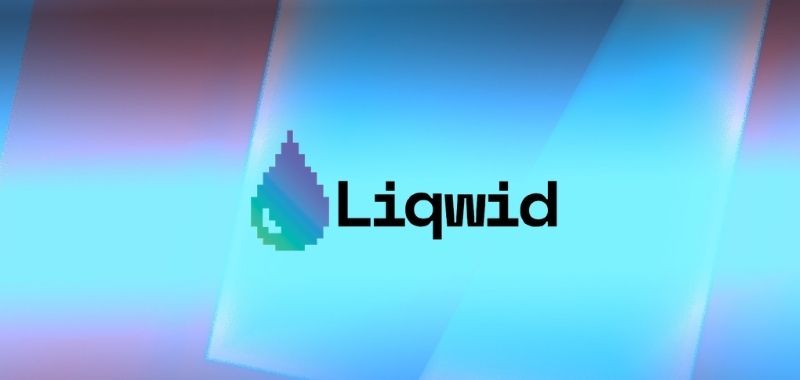DeFi News
Shadows: a decentralized synthetic asset issuance protocol built on Substrate
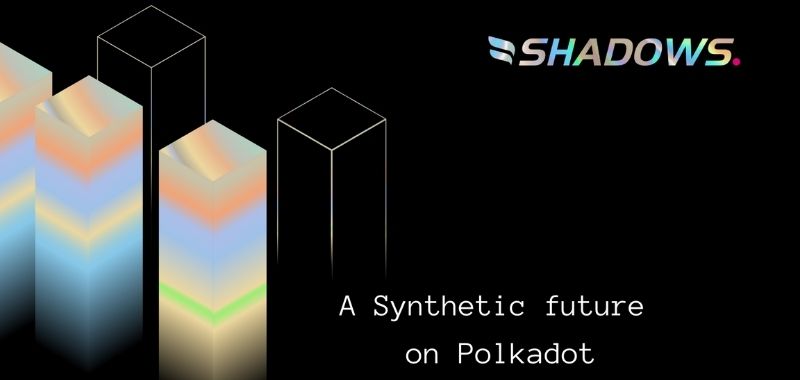
Shadows Network is a new crypto project that defines itself as a decentralized protocol, developed on Substrate, capable of issuing synthetic assets using its own governance token, DOWS, as the underlying asset. A bit like Synthetix (which requires SNX tokens) or Linear (with the Lina token), the latter being a project recently reviewed on our portal!
Shadows Network
As explained in the official Shadows docs, the exchange of synthetic assets is nothing more than an exchange of debts between two people, but in this case, it is done through smart contracts, avoiding any intermediary. This feature becomes useful in several cases to solve problems that we may encounter both in the crypto world and in the trading world, such as:
- The need for stablecoins to avoid volatility
- The problems of liquidity or slippage
- The inability to make the most out of your asset: for example, if you hold BTC you can’t participate in DeFi and earn significant yields, but if you trade your BTC for BTC on the Ethereum network or other blockchains then things change completely.
Shadows Network, unlike similar government-regulated products, allows ANYONE to create assets out of thin air and exchange them on-chain with other users; it operates in an industry worth trillions of dollars every year and will use Polkadot, a chain that has been on the rise in recent months; it avoids middlemen, saving you money and shenanigans, as well as avoiding problems of trading slippage; it fixes the problem of censorship as the blockchain has no limits or censorship, a problem often present in real life due to governments, institutions or other entities that would like to control the world. Your privacy is of course also safe as the protocol does not require KYC or any other kind of verification to allow using their innovative service.
The Shadows Network DOWS token

Like any self-respecting crypto project, Shadows Network has launched its own token which is now freely tradable on Uniswap and other DEXs. The maximum supply of the token is 36,999,999 tokens, while the circulating amount at the moment is much lower. The current price is approximately $3.70, with a fully diluted market cap of just over $100 million. The token was added on CoinGecko just 1 day ago and currently shows an All-Time Low of $2.89 and an All-Time High of $3.87. Not too high numbers considering the markets at the moment. Solid projects manage to touch even a 1 billion market cap in these recent bull-run weeks.
Clearly, the DOWS token has a lot of uses besides the ability to create synthetic assets with it (800% collateral). In fact, every transaction generated on the Shadows Network has a small fee which is then redistributed to the Dows token holders. This token can also be staked in order to get even more DOWS and lower the fees. Finally, the token gives access to the governance of the entire project, allowing the user to participate in various votes to improve the project over time. In short, the uses are manifold and holding it seems like a good idea in this case!
The team behind the project is public and clearly visible on the home page, which inspires a lot of confidence. The advisors include Kyle Chasse, founder of Paid Network, another successful project launched only a few days ago on the Polkastarter platform.
DeFi News
UK updates its tax policies on DeFI and Staking loans

The UK’s tax authority, Majesty’s Revenue and Customs (HMRC), released an update to its guidance on Wednesday, reported Bloomberg.
The new policy provides a series of “guiding principles” that act as general guidance in determining whether DeFi-related return or participation should be classified as income or capital gain.
How loan returns or staking is taxed depends on whether it is considered capital or income, however determining this can be a complex task. In the post, the HMRC admitted about this difficulty:
Token lending/staking via Decentralized Finance (DeFi) is a constantly evolving area, so it is not possible to establish all the circumstances in which a lender/liquidity provider makes a return on their activities and the nature of that performance. Instead, some guiding principles are established.
New policy to tax DeFi and staking
The latest guide sets out four distinct points designed to make it easier for people to determine the nature of their tax. Firstly, if the return received by the lender or liquidity provider is known “at the time the agreement is made”. If known, it would indicate a revenue receipt, but if unknown, it would indicate a capital receipt.
Second, if the return is realized through the disposal of a capital asset, it qualifies as capital. Conversely, if the borrower, or the DeFi lending platform, pays the yield to the lender/liquidity provider, the yield should be classified as income.
Third, the regulator indicated that lump-sum payments are “more likely” to qualify as principal; while recurring payments are “more likely” to be in the nature of revenue. Finally, the HMRC mentions the loan period as another variable that determines the nature of the repayment, everything will depend on whether it is “fixed or indefinite, short or long term”, he said.
The document presents some examples of how users can determine the nature of their loan return or participation. For example, if the return amount has already been agreed upon, say 5% per annum, it will most likely be a revenue receipt, the regulator said. On the other hand, if the income is “unknown and speculative”, it is probably a capital receipt.
As CoinDesk noted, the new policy is an update to previous guidance that had been published by HMRC in March 2021. According to that document, taxation of staking trades depended on whether the activity amounted to “taxable trading.” The wording closely resembled the established rules for taxing cryptocurrency mining, the outlet adds.
DeFi News
New SEC Definition Includes DeFi Exchanges

The US Securities and Exchange Commission (SEC) is interested in the fact that the definition of a stock market would now be much broader, also encompassing systems that allow buyers and sellers to communicate their interest in trading this type of asset, which which would include decentralized exchanges (DEX) such as Uniswap, PancakeSwap and many others for bringing together this type of people interested in trading digital currencies.
The measure would require platforms that meet these characteristics to register with the US Securities and Exchange Commission as securities brokers, and since decentralized exchanges would not be able to meet the demands required by this type of license, this could imply the imminent cessation of its operations throughout the United States.
More delicate than it seems
Some analysts and enthusiasts express concern about the possible repercussions this could have for the sectors associated with digital currencies.
In this regard, the DeFi sector enthusiast, Gabriel Shapiro, presented an even more delicate panorama for this type of exchange, since such a definition could also address even block explorers, such as Etherscan, precisely because they allow users to users interact with smart contracts to communicate business interests.
In this sense, it highlights that all this can be interpreted as a restriction on freedom of expression, for which it would be completely unconstitutional.
From a regulatory point of view, the SEC commissioner, Hester Peirce, also expressed her concerns and echoed some aspects mentioned above, placing special emphasis on the broad and diffuse nature of the changes proposed by the entity, which even go far beyond the scope and jurisdiction of the regulatory body.
On the other hand, Peirce criticized the fact that the interested community has very little time to read, understand and consider the proposal, which is not consistent with the implications it could have, since it would be making changes to an ecosystem that moves thousands of million dollars, which it could harm in unforeseen ways.
DeFi News
Uniswap exceeds US$500 billion in traded volume since its launch

One of the best-known decentralized exchanges in the cryptocurrency market has just passed the US$500 billion transacted mark.
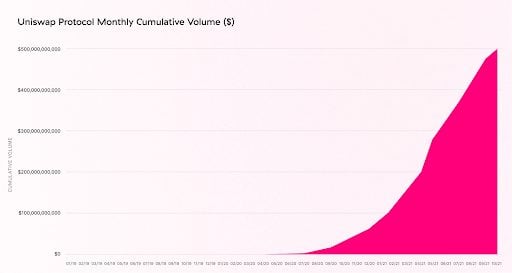
“We’re proud of the magnitude of this number, but we’re even happier knowing that millions of users have had direct access to markets they could trust were operating in their best interest.” – stated Uniswap Labs on Twitter.
About 2 billion of this volume was thanks to two scalability solutions integrated into the project:
“⚡️ $2 billion of this volume was contributed by @arbitrum and @optimismPBC deployments, which are starting to see significant traction!” – said Uniswap Labs.
Uniswap was created in November 2018, but it was conceived in 2016 by Vitalik Buterin (creator of Ethereum). With support from the Ethereum Foundation, programmer Hayden Adams made the idea come true.
Since then, the broker has not stopped growing and its UNI token is already worth 14.35 billion dollars.
With Uniswap, anyone can be an arbitrator between tokens using the blockchain, which narrows the price gap in small markets and gives incentives to balance asset prices using blockchain and centralized brokerages.
Currently, UNI is traded in several brokers in EEUU and around the world, such as Coinbase, Bitfinex and Binance US.
“We are so grateful to be together on this journey with our incredible community, and we can’t wait to hit the $1tn mark.”
-
Opinion2 years ago
XRP: FOX Business Senior Correspondent Says SEC Is Losing Its Lawsuit Against Ripple
-
Tutorials3 years ago
How to Earn, Farm and Stake CAKE on PancakeSwap with Trust Wallet
-
Altcoins News3 years ago
Projects with ongoing migration from Ethereum to Cardano
-
NFT3 years ago
CardanoKidz: The first NFTs arrive at Cardano
-
Tutorials3 years ago
How to set up a Bitcoin node: beginner’s guide
-
NFT3 years ago
SpaceBudz: new astronaut NFTs on Cardano
-
DeFi News3 years ago
Uniswap vs PancakeSwap: Full analysis
-
DeFi News3 years ago
Liqwid Finance the first DeFi project on Cardano: everything you need to know



